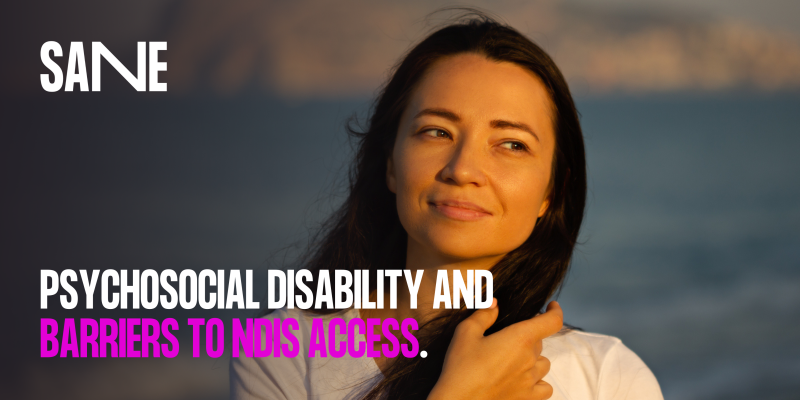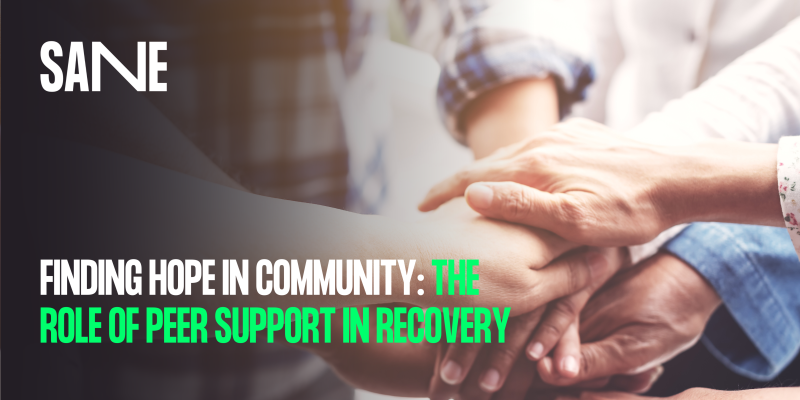Meg, a proud Aboriginal woman from Exmouth, Western Australia, is a 53-year-old mother of three adult children and has been married for 31 years. Diagnosed with bipolar disorder at 19 while serving in the Australian Army, Meg’s plans for a 20-year career were cut short by her diagnosis, which led to a medical discharge. Though the setback was “a real blow,” her “fighting spirit” kept her going. Over the years, she has struggled to maintain consistent employment, finding that work often triggered stress. Recently, she decided to focus on volunteering to stay active while managing her mental health.
In May 2021, as part of her commitment to furthering her recovery, Meg discovered SANE during a search for mental health support services on Google. Intrigued by the potential of a digital peer community, she signed up to explore the SANE forums, an experience that would become a key part of her life and mental health journey.
Discovering SANE: A new path to connection and support
Meg initially found SANE’s forums and digital support a bit confusing to navigate, taking a few days to make her first post. However, she quickly adapted and was struck by the warmth and understanding within the SANE community. “It’s such a well-kept secret, and I was so excited to find it,” she recalls, describing her initial excitement. Through SANE’s peer support services, Meg began to feel a renewed sense of belonging. She now regularly participates in the forums, Recovery Club sessions, and webinars, including Indigenous and veterans’ hubs. “My experiences with SANE have been 99% positive, and overall, I have been extremely happy with the service,” she says.
Impact on mental health and resilience
Reflecting on her progress since joining SANE, Meg describes a profound shift in her mental health. “Over the past three years, my mental health has significantly improved. I am stronger, more resilient, more confident, and more willing to put myself out there.” The peer-led discussions and support groups have provided Meg with essential coping tools, including improved conflict management skills and an enhanced capacity for empathy. “I have more tools in my recovery toolbox,” she notes, especially around self-care and self-compassion.
The digital platform’s structured discussions have also given Meg a new perspective on managing her bipolar disorder, helping her “handle conflict better in general” and making her more compassionate toward others’ struggles. She now approaches others with empathy, saying, “You just never know what is going on for another person in their life.”









